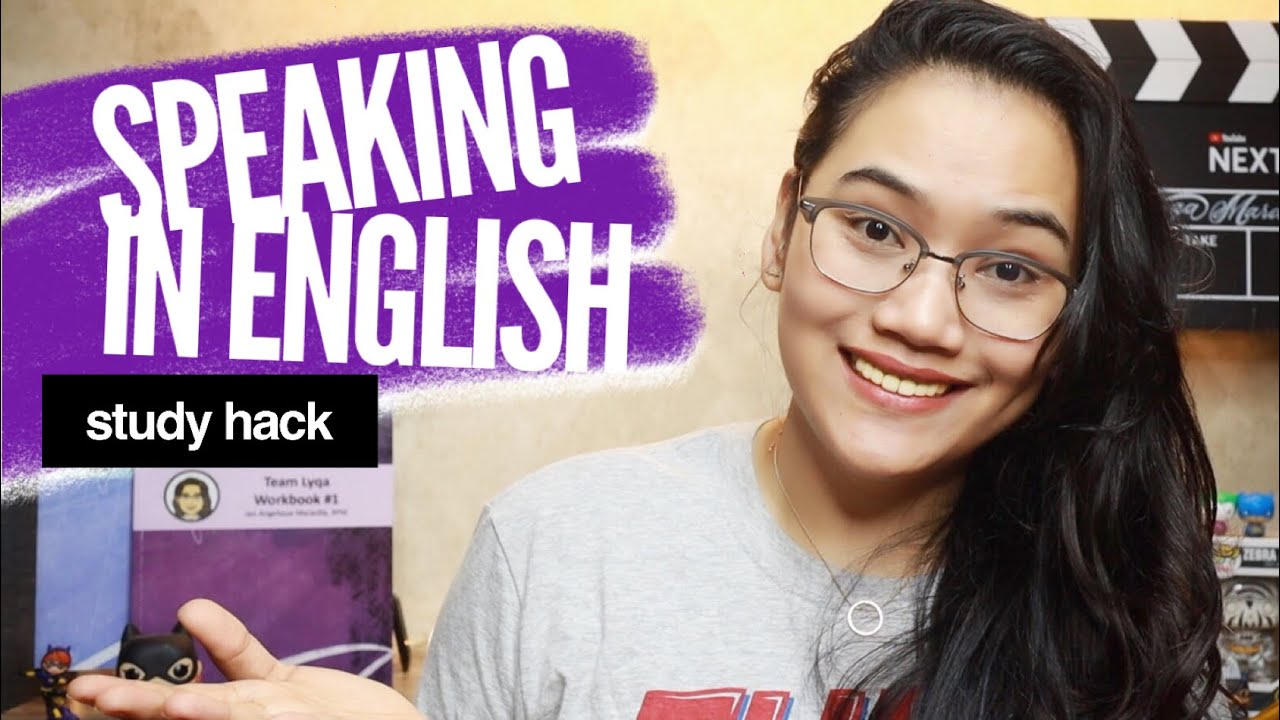8 WAYS TO IMPROVE YOUR LISTENING SKILLS IN ENGLISH
Summary
TLDRIn this educational video, the host shares valuable tips on understanding native English speakers' accents and speech patterns. She recounts her own experience struggling with the British accent and offers practical advice such as practicing listening while reading, slowing down videos for comprehension, and focusing on key words in sentences. The host also discusses the importance of adapting to various accents and using filler words like 'like'. She recommends watching movies and TV shows with subtitles, traveling, and singing along to music to improve listening skills and pronunciation.
Takeaways
- 😀 **Practice Listening and Reading Simultaneously**: Use YouTube and Netflix with subtitles to improve both visual and auditory English comprehension.
- 🎓 **Learn from Music**: Sing along to songs by artists like Britney Spears and Lily Allen to understand accents and improve pronunciation.
- 🎵 **Slow Down the Pace**: Utilize YouTube's speed adjustment feature to slow down videos for better comprehension.
- 🗣️ **Understand Run-on Speech**: Native speakers often speak with phrases running into one word; practice deciphering these to improve listening skills.
- 📚 **Focus on Key Words**: Concentrate on nouns, adjectives, and verbs in sentences to grasp the main ideas, ignoring less critical words like articles and prepositions.
- 🏴 **British Accent Challenge**: The British accent, with its regional variations, can be difficult to understand, but exposure and practice help.
- 🇨🇦 **Canada's Mild Accent**: Canadian English, a mix of American and British influences, is often easier for non-native speakers to understand.
- 🎹 **Play and Sing**: Engage with music through instruments like a piano to practice pronunciation and listening skills.
- 🗣️ **Filler Words**: Recognize and understand the use of filler words like 'like' which are common in casual speech but often don't carry meaning.
- 🌍 **Expose Yourself to Accents**: Travel and immerse yourself in different English-speaking environments to familiarize yourself with various accents.
Q & A
What is the main focus of the video?
-The main focus of the video is to provide tips and tricks for non-native English speakers to better understand native speakers, especially when dealing with different accents and fast speech.
Why did the speaker struggle to understand people during their first trip to the UK?
-The speaker struggled to understand people because they had learned a 'Russian version' of English in school, which was different from how native British speakers spoke, especially with their distinct accents and word choices.
What is one of the key methods suggested to improve understanding of native speakers?
-One key method suggested is to practice listening while reading simultaneously by using subtitles on platforms like YouTube and Netflix. This helps connect visual and auditory learning.
How did the speaker learn to understand British accents?
-The speaker learned British accents by listening to British singer Lily Allen and reading the lyrics of her songs. This helped them get accustomed to the distinct British pronunciation.
What can viewers do if the speaker or singers talk too fast?
-Viewers can slow down the speed of the video on YouTube to 0.5x or 0.75x to better follow the speech and get used to the natural pace of native speakers.
What is the speaker's advice for understanding native speakers' sentences that sound like one long word?
-The speaker advises practicing to understand sentences as a single flow rather than expecting clearly separated words, as native speakers often connect their words in fast, natural speech.
Which words are important to focus on when trying to understand a native speaker?
-The speaker suggests focusing on the most important words like nouns, adjectives, and verbs. Function words like articles and prepositions are often less important and spoken faster.
What is the speaker’s recommendation regarding filler words like 'like'?
-The speaker explains that filler words like 'like' often have no real meaning and are used to buy time while thinking. It's important to recognize when 'like' is used as a filler versus when it replaces actual words.
What is the easiest English-speaking country to understand, according to the speaker?
-The speaker mentions that Canada has the easiest accent to understand, as it has a mild mix of American and British accents.
What should you do if you encounter a strong regional accent, like in the UK or Scotland?
-The speaker suggests not panicking if you encounter a strong regional accent. It's normal for both non-natives and natives to struggle with certain accents at first, but over time, you will adapt.
Outlines

Dieser Bereich ist nur für Premium-Benutzer verfügbar. Bitte führen Sie ein Upgrade durch, um auf diesen Abschnitt zuzugreifen.
Upgrade durchführenMindmap

Dieser Bereich ist nur für Premium-Benutzer verfügbar. Bitte führen Sie ein Upgrade durch, um auf diesen Abschnitt zuzugreifen.
Upgrade durchführenKeywords

Dieser Bereich ist nur für Premium-Benutzer verfügbar. Bitte führen Sie ein Upgrade durch, um auf diesen Abschnitt zuzugreifen.
Upgrade durchführenHighlights

Dieser Bereich ist nur für Premium-Benutzer verfügbar. Bitte führen Sie ein Upgrade durch, um auf diesen Abschnitt zuzugreifen.
Upgrade durchführenTranscripts

Dieser Bereich ist nur für Premium-Benutzer verfügbar. Bitte führen Sie ein Upgrade durch, um auf diesen Abschnitt zuzugreifen.
Upgrade durchführenWeitere ähnliche Videos ansehen

Ways to Improve English Listening Skills and Understand Native Speakers

How to Speak English Fluently - 4 Tips Para Gumaling Mag-English | Study Hack

Learn English With Podcast Conversation Episode 4 | English Podcast For Beginners #englishpodcast

IMPROVE your LISTENING and SPEAKING skills with this ONE simple method #englishfluencyjourney

How to Handle Cultural Differences as a Tour Guide (i.e. Tips for Intercultural Exchanges on Tour)

Can You Guess the Nationality of Asian English Speaking Countries by Their English Accent?
5.0 / 5 (0 votes)
